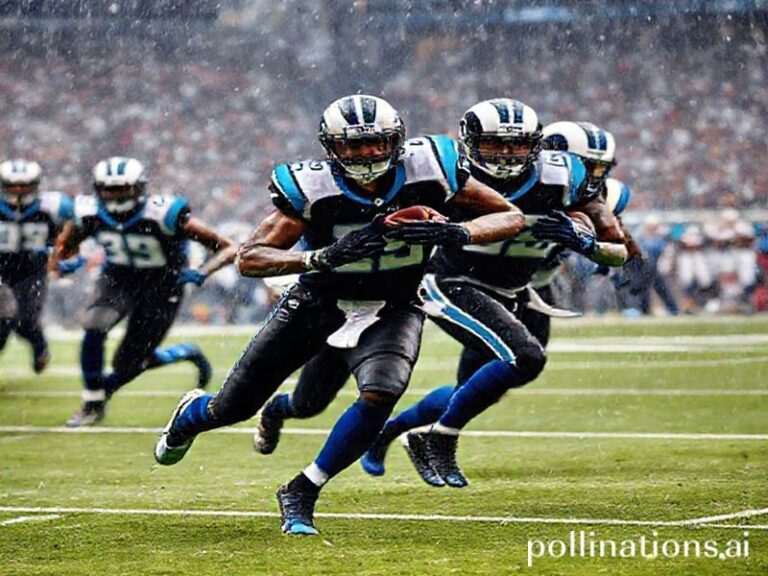Sam Leavitt Injury: The Internet’s Latest Obsession and Why It Matters
# **Sam Leavitt Injury: Why the Internet is Rooting for the Underdog**
In the vast, chaotic landscape of the internet, trends come and go like fleeting romances. But every now and then, a story captures the collective heart of the digital world, and right now, that story is the **Sam Leavitt injury**. If you’ve been living under a rock (or just avoiding Twitter for once), Sam Leavitt is the high school wrestler who suffered a gruesome leg injury during a match, and the internet has rallied behind him in a way that’s equal parts heartwarming and bizarre.
### **The Incident: A Moment That Shocked the Sports World**
For those who missed it, Sam Leavitt, a wrestler from Arizona, was competing in a match when his leg snapped in a way that would make even the most seasoned horror movie fan squirm. The injury was so severe that it went viral almost instantly, sparking a wave of sympathy, memes, and even conspiracy theories (because, of course, the internet had to overcomplicate things).
The video of the injury is graphic, but it’s also a testament to the raw, unfiltered nature of sports—where one moment can change everything. It’s the kind of moment that makes you cringe, gasp, and then immediately text your friends to ask if they’ve seen it.
### **Why Is This Trending Globally?**
So, why has this story captured the world’s attention? For starters, the internet loves an underdog. Sam Leavitt isn’t just some random athlete; he’s a high school wrestler who represents the grit, determination, and occasional absurdity of youth sports. His injury is a stark reminder of the fragility of the human body, and in an era where we’re constantly bombarded with curated, filtered content, this raw moment feels almost cathartic.
Secondly, the internet thrives on drama, and this story has it in spades. From debates about the referee’s role to discussions about the ethics of sharing the video, the conversation around Sam’s injury has become a cultural touchpoint. It’s not just about the injury itself; it’s about what it represents—a moment that transcends sports and taps into broader themes of resilience, empathy, and the way we consume media.
### **The Social Impact: Memes, Support, and Overanalysis**
As with any major internet moment, the response has been a mix of genuine concern and, well, memes. Twitter has been flooded with reactions ranging from heartfelt messages of support to dark humor about the injury. Some users have even created edits of the video with absurd captions, turning a tragic moment into a bizarre form of digital coping.
But beyond the memes, there’s a genuine outpouring of support for Sam. Donations have poured in, and his story has been shared by major news outlets, turning him into an unlikely symbol of perseverance. It’s a reminder that even in the age of algorithms and viral trends, the internet can still rally behind a human story.
### **What Makes This Topic Significant?**
At its core, the Sam Leavitt injury is significant because it’s a microcosm of modern internet culture. It’s a story that blends tragedy, humor, and collective empathy in a way that only the digital age could facilitate. It’s also a conversation starter about how we engage with sports injuries, the ethics of sharing graphic content, and the role of social media in amplifying human stories.
In a world where we’re constantly bombarded with sensationalized news and carefully curated content, Sam’s story feels refreshingly real. It’s a reminder that sometimes, the most powerful moments aren’t the ones we plan for—they’re the ones that happen in an instant and leave us all a little more human.
### **Conclusion: The Internet’s Love-Hate Relationship with Tragedy**
The Sam Leavitt injury is a perfect example of how the internet processes tragedy. We cringe, we laugh, we donate, and we debate. It’s messy, it’s chaotic, and it’s undeniably human. And while some might argue that turning a gruesome injury into a meme is in poor taste, the truth is that humor is often our way of coping with the things that scare us the most.
So, as the world continues to follow Sam’s recovery, one thing is clear: the internet may be a strange, unpredictable place, but it’s also a place where stories like his can bring us together in ways we never expected.







